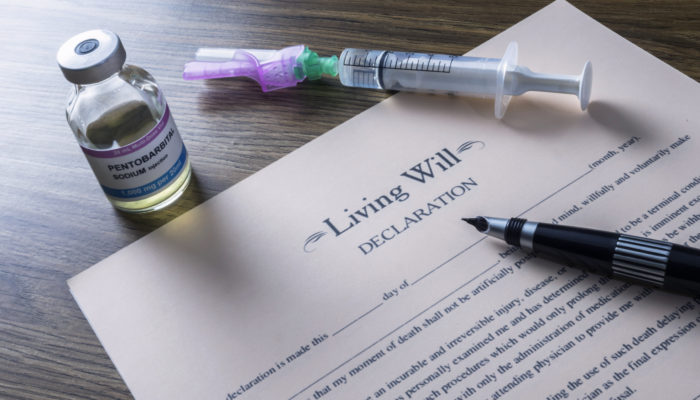Florida law gives competent adults the right to make decisions regarding their own healthcare. They can choose which treatments they want and even refuse medical care completely if they so desire. However, when they are unable to make these decisions on their own due to incapacity, an advanced directive called a Living Will can ensure that their future healthcare wishes are followed.
What is a Living Will?
Unlike a Last Will & Testament, which directs the distribution of assets in an estate or legal transfer of ownership of the same after death, a Living Will protects an individual (and their loved ones) during their lifetime.
The unfortunate reality is that critical healthcare decisions are often made at a time when a patient is mentally incapacitated, unconscious, or otherwise unable to direct their own medical providers, and failure to provide advance instructions can create difficulties for the individual and/or their loved ones.
With a Living Will, one is able to:
- Specify their wishes or desires about any life-prolonging treatment.
- Appoint a healthcare surrogate to make medical decisions for them.
- Name an alternate healthcare surrogate if the original choice is unwilling or unable to act when the time comes.
By taking time to plan now, individuals can spare their loved ones any unnecessary stress, avoid decisions that are contrary to their wishes, and make sure that their care is overseen by someone they choose.
How Do You Obtain a Living Will?
In Florida, Living Wills must be signed in the presence of two witnesses, at least one of whom is not the signer’s or maker’s spouse or a blood relative. If the maker is physically unable to sign the Living Will, one of the witnesses can sign in the presence of and at the direction of the maker. Even though an individual is not legally required to prepare the documents with an attorney’s assistance, there are several advantages to doing so, namely the fact that an experienced estate planning attorney will ensure that all possible scenarios are covered and any critical questions are answered. Once a Living Will has been drawn up and executed, it should be accessible to those who may need it in the future, such as the primary and/or alternate healthcare surrogates, a primary care physician, and possibly the attorney, who can ensure that the right parties get it if necessary. One should also keep a copy in a safe place and carry a card indicating that he or she has a living will and where it can be found.

